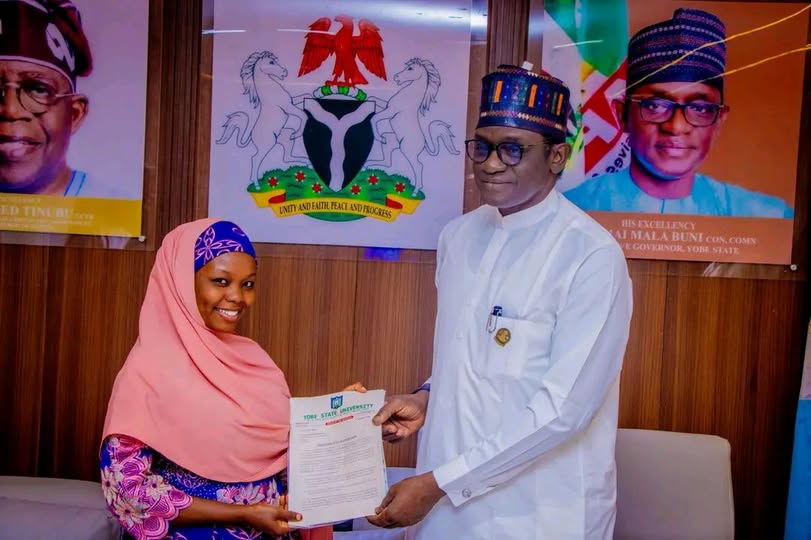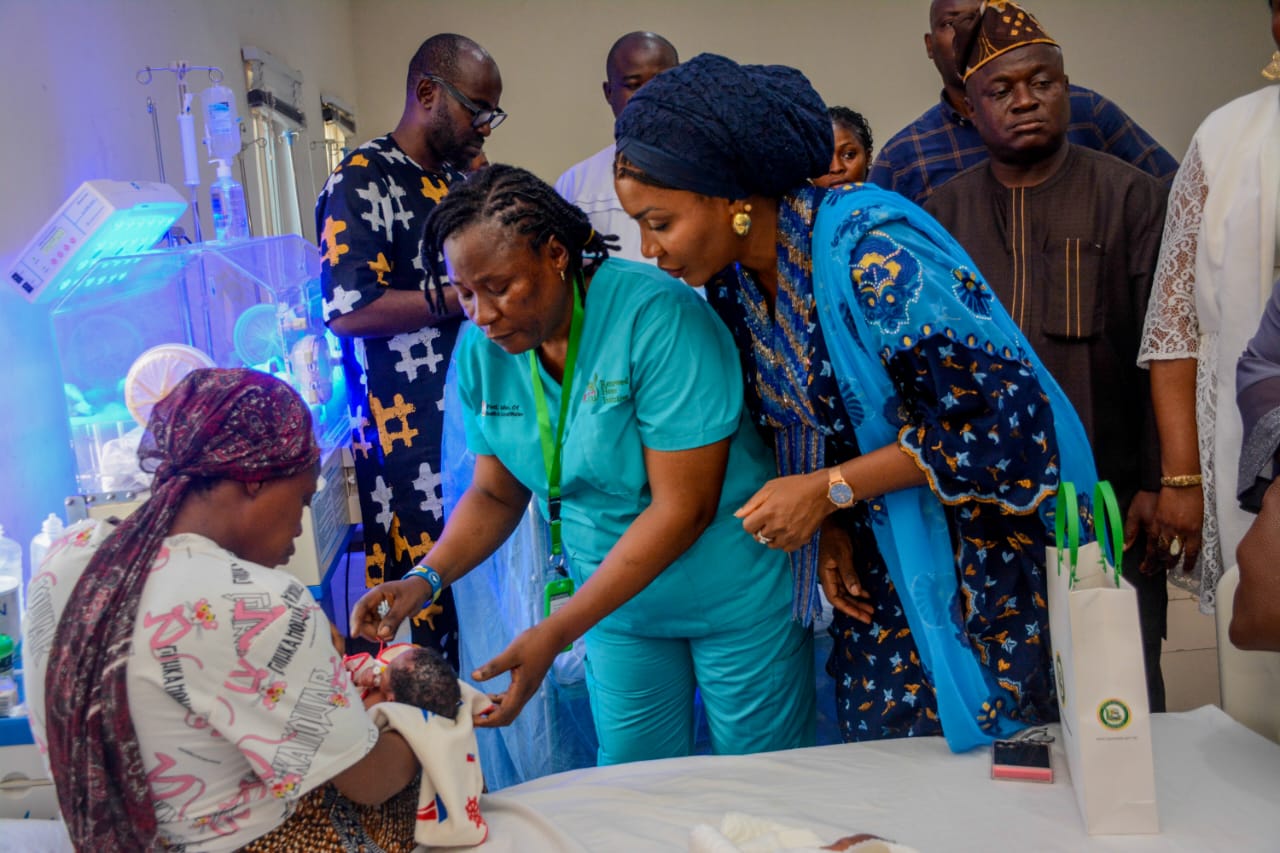Deputy President of the Senate, Senator Barau Jibril, has re-emphasised the critical role of the executive and judicial organs of government in executing the will of the people and the rule of law.
Besides, Jibril believed that the laxity in implementing enacted laws rendered the constitution ineffective and must be avoided by concerned authorities.
Senator Jibril, representing Kano North senatorial district, made the submission Saturday at the opening of the public hearing on the review of the 1999 Constitution, North West zone, held in Kano.
The DPS, who also serves as Chairman of the Senate Committee on the Review of the Constitution, stressed that the 10th Assembly reconsidered the review of the Constitution in response to the demands of Nigerians.
He added that though the Assembly has enacted five sets of amendments to the Constitution, known as the 1st, 2nd, 3rd, 4th, and 5th Alteration Acts, several fundamental issues of national importance remain unresolved, requiring more than just routine lawmaking.
Senator Jibril, who advocated attitudinal change and commitment of Nigerians to upholding the foundational norm, emphasised that many still do not believe the challenges regarding the constitution are solely due for amendments.
While calling for full participation and submission of a memorandum for amendments, he reassured that members of the committee hold no preconceived opinions to impose in the ongoing review.
“Since our nation’s return to constitutional democracy in 1999, following a prolonged period of military dictatorship, the calls for amendments and reviews to the Constitution have remained persistent and vigorous.
“In response to the demands of Nigerians, the National Assembly has enacted five sets of amendments to the Constitution, known as the 1st, 2nd, 3rd, 4th, and 5th Alteration Acts. These amendments tackle various issues related to good governance, institutional strengthening, and national aspirations.
“However, several fundamental issues of national importance remain unresolved, requiring more than just routine lawmaking by the National Assembly and State Houses of Assembly. These issues continue to dominate public discourse, with many Nigerians advocating for legislative action to address them.
“In response to growing demands, the 10th Senate constituted the Constitution Review Committee to address citizens’ calls for amendments to the Constitution. The Committee’s mandate is to foster a broad national consensus. This is what we want.
“Several key issues we need to address include electoral reforms and adjudication; judicial reforms focused on case management and administration; enhancements to local government administration; the involvement of traditional institutions in contemporary governance; promoting human rights; ensuring gender equity and inclusion in governance; the devolution and distribution of powers and concerns related to security and policing.
“Additionally, it is imperative to engage the understanding of our executive and judicial branches of government, as they are fundamental in executing the will of the people and enforcing the rule of law. A law that lacks implementation is, by definition, ineffective, and we must avoid this pitfall as we pursue our objectives,” he said.






